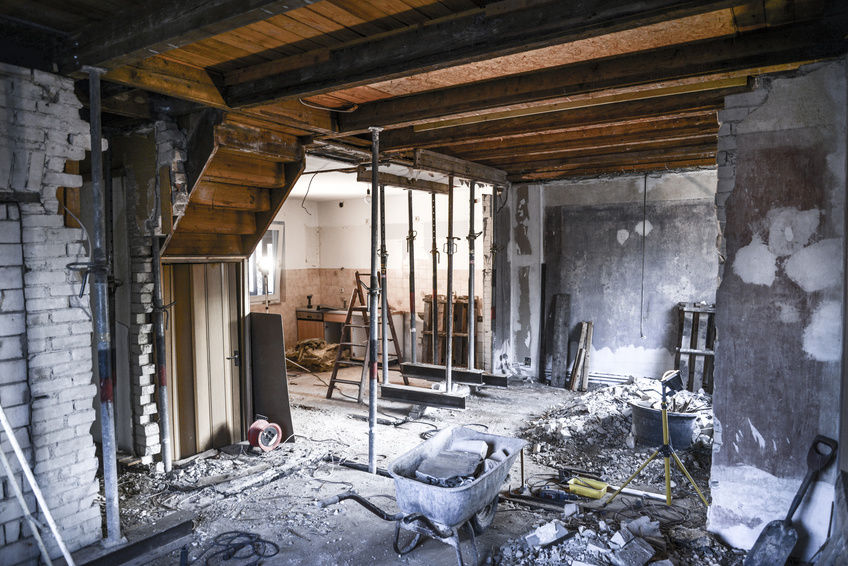Money Saving Hacks for Down Payments or Renovations
With tax time upon us, there is no better time of the year to think about our finances. While I published a deep dive on the latest in tax reform, property tax strategies and often missed deductions the thought of gathering large sums of money is something people have inquired about.
There will be several times in your life where you will need a large sum of cash. A downpayment for a home, renovations to a home and of course, retirement. Each will require some planning and strategizing.
Down Payments:
Saving the funds for a downpayment can be daunting. Younger people that embark on first time buyer status have fledgeling careers and less experience with budgeting while older buyers have to overcome the concerns of a market that may be in flux.
The key here is to analyze your net worth. Make a list of all your assets and liabilities, use this as a bench mark to go forward. Assets include any savings, investments or valuable possessions like a car or wedding ring. Liabilities include student loans, credit card debt and any money you owe. Subtract one from the other and hopefully it is a positive number. This is the bench mark to build from.
The way you will increase your net work is by adjusting your monthly cash flow. List out your monthly income and what you spend monthly. Free services like Mint.com are great for this. Mint can categorize your spending. Are you buying $1,500 worth of take out every month? Do you have a Starbucks problem? Mint will expose where you can trim without living like a hermit.
Develop budgets for all the categories you spend often in. Use the savings to buy down or completely pay off your liabilities. Once you have liabilities under control you can earmark the same funds for savings.
Many think that 20% is required as a downpayment but that is far from the case. The lowest downpayment you can strive for is a 3.5% FHA loan but there are guidelines to meet.
Monthly payments will vary based on the amount borrowed and your credit score. As always, the higher your score the better.
Your best bet is to start speaking with a lender, they can pull credit and run a Pre-Approval and let you know exactly what you can qualify for and how much a monthly payment would be. You can see the local branch office of the bank you bank with or contact an independent lender. Through 40 years of helping families in the Pasadena area, Podley has a short list of great lenders we send our best clients to. Let me know if you want to be connected.
Renovation Funds:
Homes, especially older ones, all need work. Wether it is replacing a bad roof (hint call Tesla) or building on an additional bathroom for the growing family, these renovations aren't cheap. While many renovations do not return positive value to a home, many times it is a quality of life decision and just something that has to be done.
The most common source for home renovation is going to be a Home Equity Line of Credit (or HELOC). These loans become a revolving line of credit that you open with a pre-set limit and payoff as you go. They are available through most banks (Wells, Fargo, US Bank, CitiBank) and are often times cheaper through a local credit union. Interest rates are adjustable to the market which can be concerning, but there are no origination fees or appraisals to pay for. Look out for points added for low credit scores and points deducted if you bank with the same lender.
Retirement
Retirement savings is a difficult thing for most to get their head around. It seems so far away but in reality the sooner you start, the better off you will be. Use the fact that you will need twelve times your annual salary to survive retirement comfortably. If you have a 401k you are ahead of the game, invest in it. If you are relying on Social Security, don't we have all heard where that is going and it is grim to think about living on $1,500 a month. IRA's are great for the self-employed and online calculators available at sites like Fidelity can be a great help.
The key to retirement savings is to have a plan and one that can run on auto-pilot. Money goes in on a regular basis and you don't fret what the market is doing on a daily basis.
If you are feeling overwhelmed by all of this, a great place to start is the Smart About Money website created by the National Endowment for Financial Education. It is a very simple to use website with many guides and tools to help with any financial challenge you may face.













